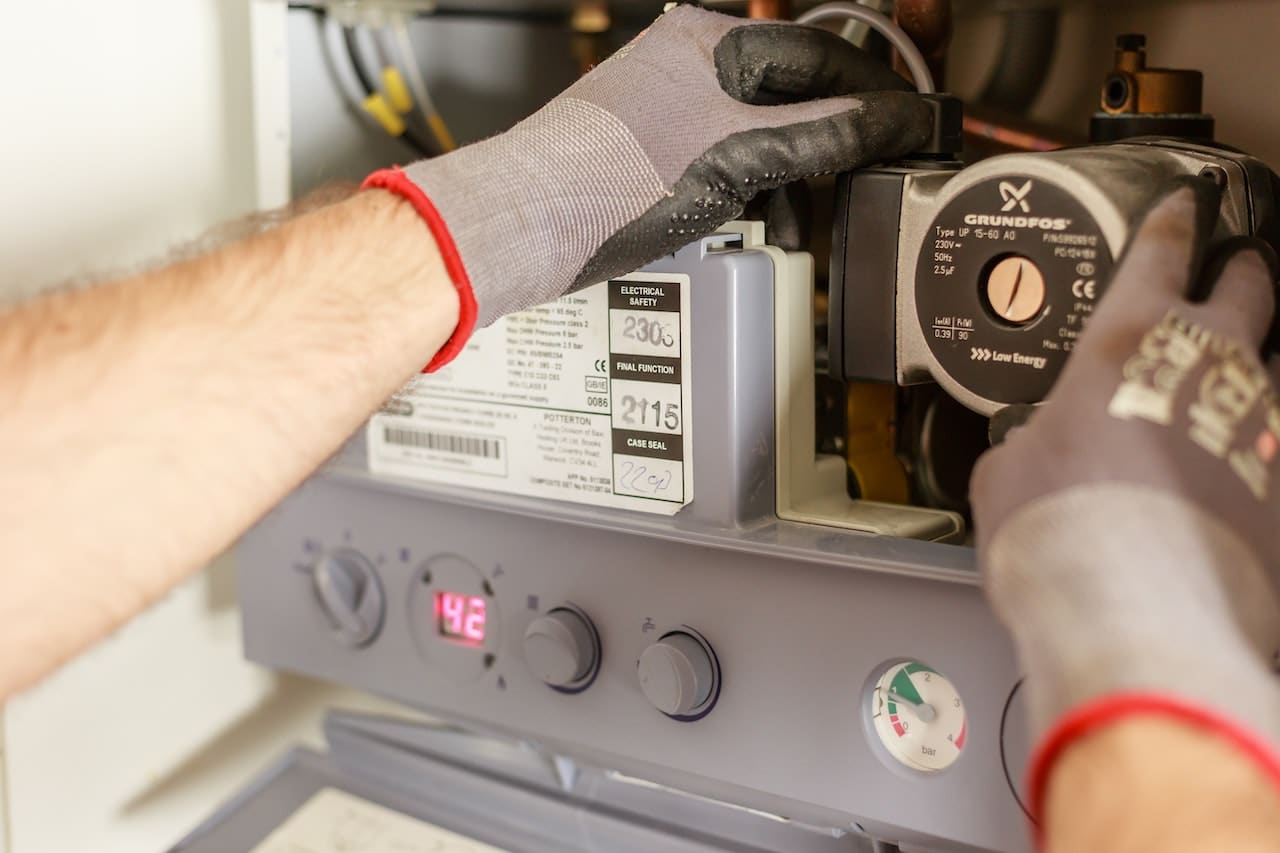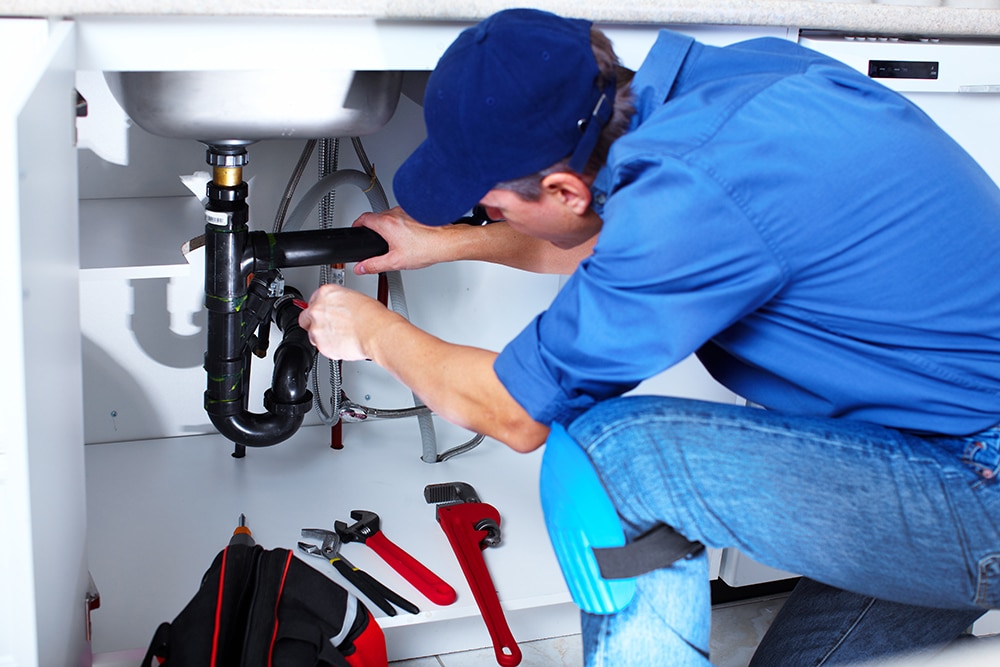Regardless of whether you use well water or tap water from a municipal source, you may be wondering What to Do if Your Tap Has Rusted Drinking and Cooking Water. Many people get their water from a nearby lake reserve or a centralized reservoir, and rust can be a sign of corroded pipes. In any case, you should contact your local government officials to find out what to do to fix rusty water.
Common causes of rusty tap water
If your water is turning brown or rusty, the likely cause is rust in your water. Old pipes that have been damaged are often the cause of rusty tap water. Check your house water mains and replace the affected pipes. Whether you experience rusty water at one faucet or several, it’s time to address the problem. Read on to learn about some common causes and solutions. You might be surprised at what you discover.
Galvanized steel pipes are another common cause of rusty water. These pipes were designed with protective zinc coatings, but as these pipes age, the coating starts to corrode. This rusty sediment can then flake into your water supply. Eventually, the water may turn red or orange. In some cases, the discolored water is not present at every faucet and may run clear after a few minutes.
Signs of a corroded copper pipe
The first indication of corroded piping is discolored water. This water is usually blue-green to brown, with a metallic taste. If the water tastes metallic, it is likely that the copper pipe is the culprit. In addition, lead pipes tend to smell metallic while copper pipes are sweet. If this happens to you, it is time to replace your plumbing system.
If you see green or bluish-green water in your faucet, it is likely that you have a corroded copper pipe. This may be the result of contact with galvanized steel or non-compatibility with air. Also, cheap copper is prone to impurities that can affect the pipes over time. Once these impurities have accumulated on the pipe surface, it is likely that you have a corroded copper pipe.
You may also notice a greenish sheen on the surface of the copper pipe. This is called pitting corrosion. It is very difficult to spot visually, but it is the most common type of copper corrosion. As the water passes through the copper pipe, the metal will begin to corrode and begin to smell sulfuric. This can affect the plumbing system and cause mold growth.
Steps to take if you notice rusty water coming out of your taps
If you notice brown or rusty water coming out of your tap, you might be worried about contamination. Rusty water usually indicates that your plumbing system is old and that the pipes have become corroded. In turn, the water is contaminated with rusty sediments. If you continue to notice rusty water, you should call a plumber to assess the situation.
Rusty water can be caused by rust in your plumbing system or your water main. If you notice rusty water from your tap, it may be the result of something that happened outside of your house and caused a rusty water leak. You should contact your water company to see if the problem can be corrected. It’s best to contact them as soon as you notice rusty water from your taps to avoid any health risks.
If you notice rusty water coming out of you taps, you should immediately fix the problem. Rusty water is a sign of rust in your plumbing system. It’s better to find the source of the rust than to ignore it. To do so, fill a glass with cold water and test it. If you detect rusty water, run hot water for several seconds and check again.
Getting rid of rusty water
If you’re experiencing rusty water in your tap, you’ve probably noticed a metallic taste. The water will be reddish brown, and a rusty pipe will stain any white surfaces. To find out if rust is the cause of rusty water in your tap, start by running an outside tap. If it’s rusty, the problem is most likely related to water mains or your home’s residential plumbing.
While rust-colored water is not harmful, it’s a nuisance. While it may not smell or taste bad, it can leave a nasty stain on your clothing, hair, and other items. In either case, it’s time to call a plumber. Once you fix your tap, you can enjoy drinking water again without worrying about the odor. If your tap still smells a bit rusty, it’s time to replace it!


